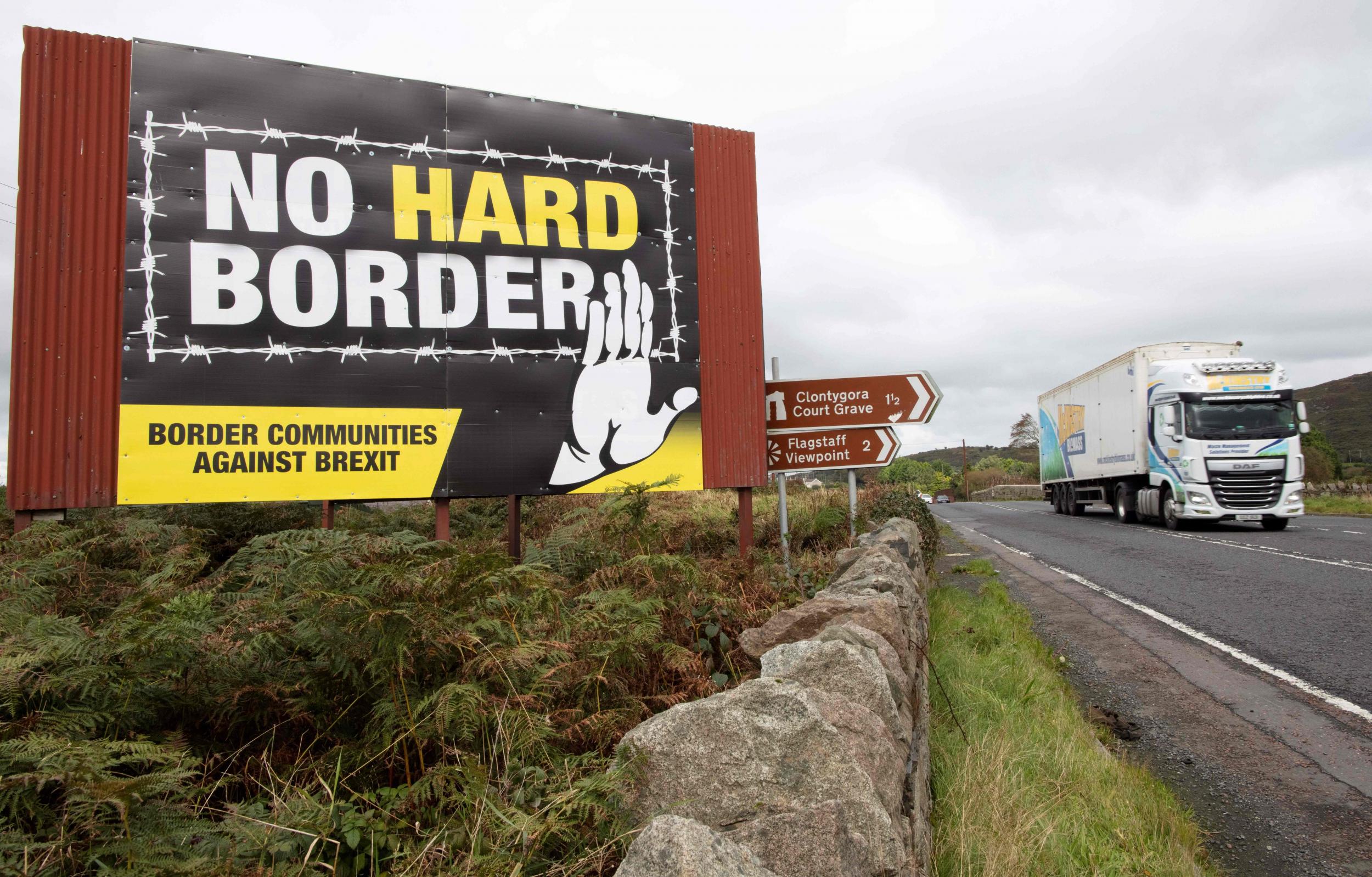The only part of Brexit that’s working
We are told the Northern Ireland protocol has failed and must go – but nothing could be further from the truth, writes Rob Merrick


Our exporters are having the time of their lives at the moment,” says Stephen Kelly, head of the lobby group Manufacturing NI – about, believe it or not, the Northern Ireland protocol.
How can he say this when, on this side of the Irish Sea, we are bombarded with government claims that the deal Boris Johnson negotiated and signed is a disaster that must be ripped up?
The answer is that opinion is very different in Northern Ireland, where people – or most of them – much prefer the agreement to the huge economic damage inflicted by Brexit on the rest of the UK.
Consider the announcement, this month, that a major packaging company, Ardagh Metal Packaging, is creating 170 jobs with a new £150m plant near Belfast, to export drinks to both Britain and EU markets.
Days earlier, the pharmaceuticals group Almac announced 1,000 jobs in Northern Ireland over three years, hailing the “unique, unfettered and flexible access to the UK, Europe and beyond” that the protocol offers.
Cross-border trade figures reveal how sales are booming – Ireland’s imports from Northern Ireland leapt 60 per cent in the first nine months of this year.
When it comes to suspending the now-famous Article 16 – the threat the UK has been making for 5 months – there is no doubt the prospect fills business leaders with dread.
“The minute it’s done, Northern Ireland will be viewed as legally challenging and boardrooms and customer orders will begin to be impacted that very same day,” said Mr Kelly recently.
In unguarded moments, senior ministers Dominic Raab and Michael Gove have admitted the protocol has laid a golden egg for the region – still within the EU’s single market and customs territory, but with free access to the UK market as well.
None of this matters to Mr Johnson and David Frost, his hardline Brexit minister, who fibbed and fibbed about the protocol and face the wrath of Unionists now the inevitable consequence of weakened links with Britain is exposed.
Meanwhile, on this side of the Irish Sea, the new costs and barriers from Brexit are estimated to have swiped £17bn from exporters’ trade to the EU in just three months.
GDP is forecast to slump by 4 per cent, taking £80bn out of the UK economy each year, and ministers conceded Brexit was a key cause behind the autumn food and fuel shortages – also putting Christmas deliveries at risk.
Just last week, officials admitted they have no idea about the chaos facing holidaymakers visiting the EU when new biometric border checks are introduced next year.
And far from “taking back control” of borders, the bitterness of Brexit has made it harder to return would-be refugees to EU states or, more importantly, prevent appalling tragedies in the Channel.
The sad irony is that, amid the wreckage of Brexit, undermining the Northern Ireland protocol attacks the only aspect of it that is actually working as intended.






Join our commenting forum
Join thought-provoking conversations, follow other Independent readers and see their replies
Comments